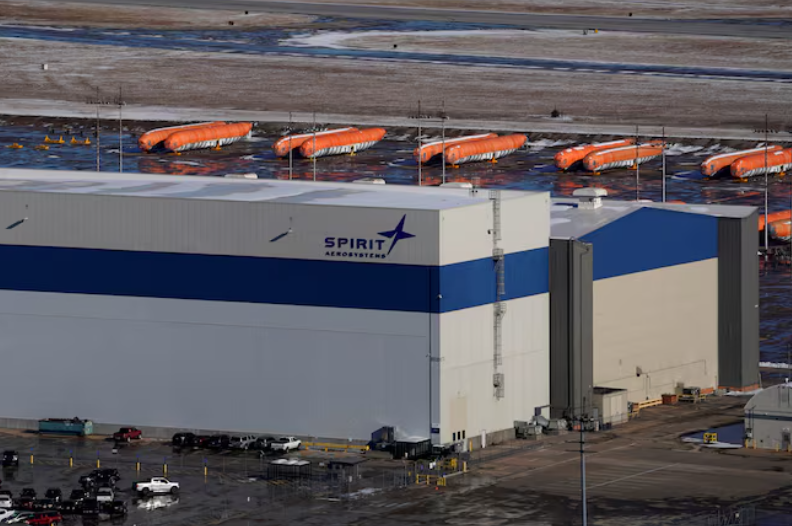The U.S. Justice Department accused Boeing (BA.N) of breaching its obligations under a 2021 agreement that prevented the planemaker from facing criminal prosecution after fatal 737 MAX crashes in 2018 and 2019, resulting in the deaths of 346 people.
The finding suggests that Boeing could face prosecution it had previously evaded, potentially leading to new penalties and exacerbating an ongoing corporate crisis marked by management changes and government probes.
In a letter to a Texas judge contained in a court filing on Tuesday, the Justice Department stated that Boeing failed to “design, implement, and enforce a compliance and ethics program” to prevent violations of U.S. fraud laws.
Boeing did not immediately respond to a request for comment on Wednesday.
WHAT IS THE 2021 AGREEMENT?
In January 2021, Boeing reached a $2.5 billion agreement with the Justice Department to settle a criminal investigation into its conduct surrounding the fatal crashes. The agreement included compensation for victims’ families and mandated Boeing to overhaul its compliance practices.
Known as a deferred prosecution agreement, the deal offered the U.S. planemaker a way to avoid prosecution for conspiring to defraud the U.S. Federal Aviation Administration. Prosecutors agreed to request dismissal of the fraud charge if Boeing complied with the agreement for three years.
The agreement was slated to expire on Jan. 7, 2024. Two days before that, a panel blew off a new Boeing 737 MAX 9 jet during an Alaska Airlines (ALK.N) flight.
WHAT COULD AUTHORITIES DO?
The Justice Department’s determination exposes Boeing to potential criminal prosecution over the crashes, carrying significant financial penalties and stricter oversight, further deepening the corporate crisis stemming from the January incident.
Authorities could extend the 2021 settlement for another year or advocate for oversight by a court-appointed monitor, a costly departure from the previous arrangement that allowed Boeing to oversee its own changes.
Additionally, the Justice Department could seek additional fines or require the company to plead guilty, potentially impacting Boeing’s ability to secure government contracts.
However, the Justice Department stated in the Texas court filing that officials will assess the steps taken by Boeing to address and rectify the breach of the agreement before determining the course of action.
WHAT IS NEXT?
Boeing must respond to the Justice Department by June 13. The company stated on Tuesday night that it believes it adhered to the terms of the agreement. Officials are expected to decide whether to prosecute Boeing by July 7.
Prosecutors are scheduled to meet with family members of the crash victims and their attorneys on May 31 to discuss their decision, according to correspondence reviewed by Reuters.
Any decision will be closely monitored by investors as Boeing aims to safeguard its investment grade rating. The planemaker is in discussions to acquire supplier Spirit AeroSystems (SPR.N) and plans to increase production of its popular 737 MAX in the latter half of the year.
Ben Tsocanos, airlines director at S&P Global Ratings, remarked that a fine akin to the $2.5 billion penalty in 2021 “would certainly put pressure” on Boeing’s rating, with the extent contingent on factors such as timing, funding, and Boeing’s overall circumstances, including progress made on the MAX recovery and potential deals like the Spirit acquisition.

